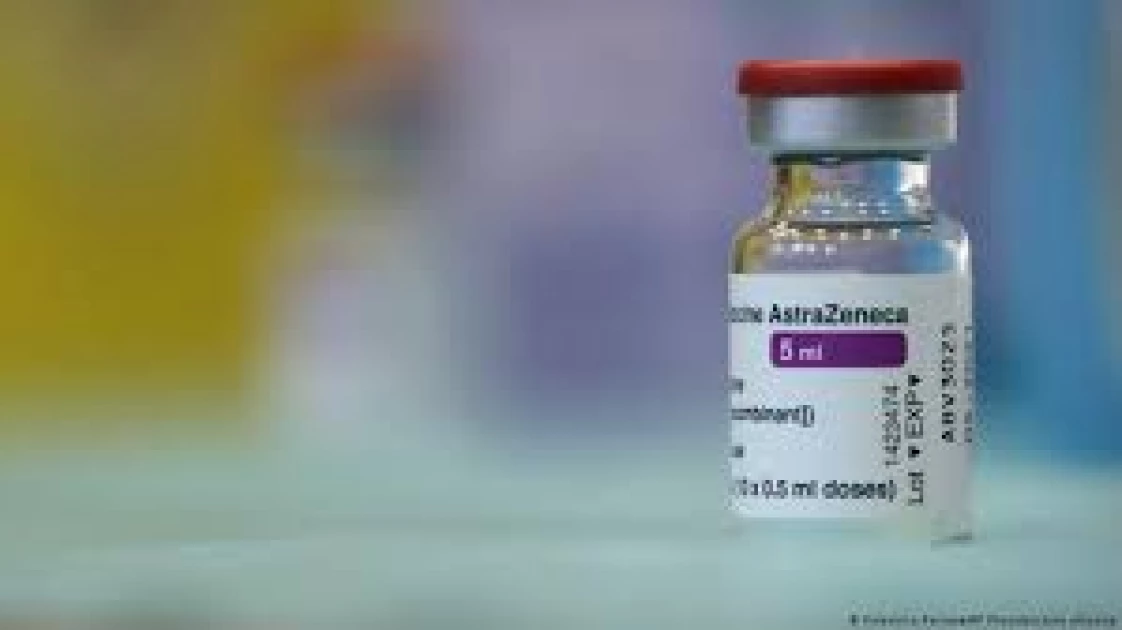AstraZeneca vaccine may increase risk of serious neurological condition: study


Audio By Vocalize
GBS is a rare disease that causes numbness and pain in muscles, making it difficult to move, walk, swallow, and, in some cases, even breathe.
The gastroenteritis bug Campylobacter, which has a surface coating that resembles that of a human, can sometimes cause the body to attack its own nerves rather than invading germs, resulting in GBS.
University College London (UCL) researchers discovered an increase in GBS cases in the first two to four weeks following the AstraZeneca vaccine, but not in other vaccines such as Pfizer or Moderna.
The Astrazeneca jab, like many other vaccines, contains weakened chimp adenovirus to deliver the coronavirus spike protein into the body, and scientists have speculated that an adenovirus reaction may be to blame for the rise in cases.
Adenovirus typically causes the common cold, but scientists are beginning to suspect that it, like Campylobacter, may mimic human cells, tricking the immune system into attacking the body.
"At the moment, we don't know why a vaccine might cause these very small rises in GBS," lead author Prof Michael Lunn (UCL Queen Square Institute of Neurology) was quoted by the telegraph.
“It may be that a non-specific immune activation in susceptible individuals occurs, but if that were the case similar risks might apply to all vaccine types.
“It is therefore logical to suggest that the simian adenovirus vector, often used to develop vaccines, including AstraZeneca’s, may account for the increased risk.”
Unusual spike in GBS reports
Adenovirus-based vaccines are used against a wide variety of pathogens, tuberculosis, HIV and malaria.
GBS affects about 1,500 people in the UK each year and 30 to 40 per cent of cases have no known causes, leading researchers to suspect that adenovirus could be a factor.
During the 1976 swine flu vaccination campaign in the USA, there was a small increase in GBS associated with the flu jab at that time, leading scientists to question whether the Covid jabs could have a similar effect.
To find out, UCL researchers carried out a population-based study of NHS data in England to track GBS case rates against vaccination rollout.
Between January to October 2021, 996 GBS cases were recorded in the UK National Immunoglobulin Database, but there was an unusual spike in GBS reports occurring between March and April 2021.
For these two months there were about 140 cases per month compared to historical rates of about 100 per month - a 40 per cent increase.
Analysis showed 198 GBS cases (20 per cent) occurred within six weeks of the first-dose Covid-19 vaccination in England.
Overall, following a first dose of the AstraZeneca vaccine there were 5.8 excess GBS cases per million doses of vaccine, equating to an absolute total excess between January-July 2021 of between 98-140 cases.
The rate is still significantly lower than the one in 1,000 rate of GBS associated with Campylobacter.


Leave a Comment